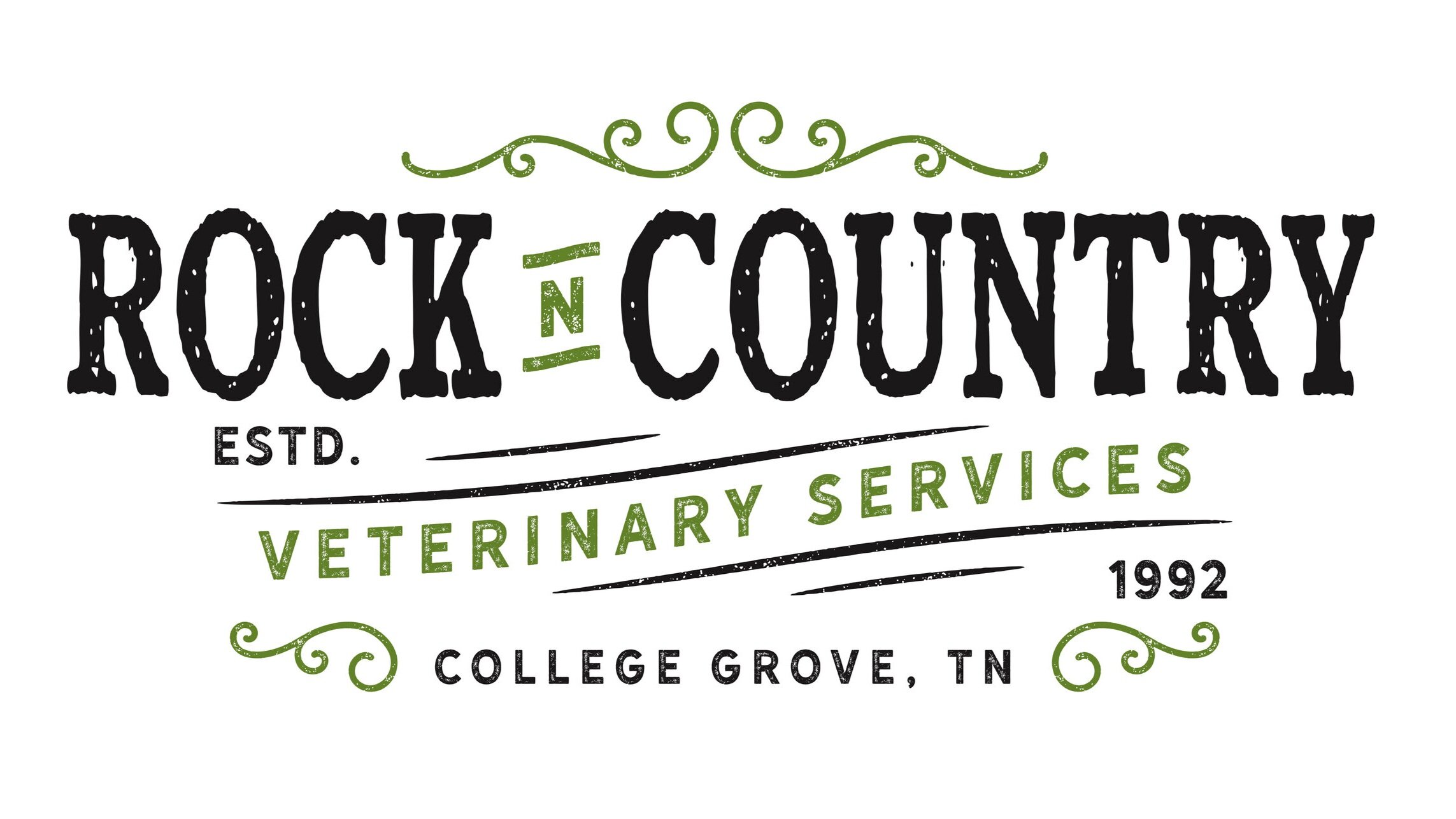Basic Puppy Care
Eric Fold, DVM
April 15, 2018
Puppies can be a great addition to any family whether it is your first pet or you are adding to an existing pet family. There are some special considerations when owning a puppy when it comes to vaccinations, feeding, and socialization. We at Rock-N-Country Veterinary Services would like to help you and your puppy adapt to this new adventure and hope that we can make it a smooth transition.
Just how many vaccinations does my puppy need?
Greene, Craig E, and Julie K Levy. “Immunoprophylaxis.” Veterian Key, 6 Aug. 2016, veteriankey.com/immunoprophylaxis-2/.
The basic idea behind vaccinating a puppy is to provide the patient with adequate immune stimulus to help fight off infections. Some puppies receive a protective dose from their mother (Passive immunity) that will help them stay protected naturally for longer, but it will interfere with an early vaccine schedule. Other puppies from a non-vaccinated mother will not be protected and will need to have protection through a vaccine closer to 6 weeks old. Testing a puppy for passive immunity is cost prohibitive, therefore, we recommend vaccinating all puppies starting at 6-8 weeks old, every 3 weeks, until they are 16 weeks old. See the graph for a visual explanation. The minimum number of vaccines needed for a dog 16 weeks and older is a series of 2. This will stimulate an appropriate immune response that will only need to be boostered, in most cases once yearly.
Why are fecal exams important and what are you looking for?
“Hookworms.” CAPC Vet, Companion Animal Parasite Council, 1 Oct. 2016, www.capcvet.org/guidelines/hookworms/
Intestinal parasites are very common in puppies and are often passed through the placenta or the mother’s milk. These parasites can be “veracious blood suckers” and can be fatal if unnoticed. It is important to deworm all puppies at 2, 4, 6, and 8 weeks of age with a broad spectrum dewormer containing pyrantel pamoate. Not only can these parasites be harmful to our pets, but they can also cause disease in adults and children!
What should my puppy be eating?
“Focus Specialized Nutrition Dog Food | Purina® Pro Plan®.” Purina®-pro-Plan®, www.proplan.com/dogs/platforms/focus.
Proper nutrition is critical especially in a puppy. Too much energy and the puppy could easily become obese or may develop bone abnormalities, too little and the puppy could become starved or have stunted growth. Puppies do not have sufficient fat stores when born and require several meals throughout the day to maintain adequate energy levels. As the puppy is weaned from the mother, transitioning to soft food and then a hard kibble is a gradual process. The puppy should have access to 3-4 meals daily until 6 months old and then transition to 2 meals daily until adulthood.
Why is it important to socialize and train my puppy?
Socialization and training is important for your puppy because it can imprint them at an early age in a positive or negative manner. House training should occur as early as possible and should always be a positive experience for the puppy. Responding with yelling and physical punishment can easily lead to fear elimination making the situation even worse. Offering several opportunities for your puppy to eliminate outside especially after key events like eating, drinking, first in the morning, last in the evening, and after naps will set them up for success. For most puppies, you should plan on this process taking a few weeks. The most critical times in the puppy’s development are between 8 and 16 weeks old. Introducing your puppy to the members of the family will help them except them as a normal occurrence in the household. It is important to give your puppy positive experiences with members of the family to reduce the chances of negative behavior later in life.
Adding a puppy to your home can provide much joy and can be a special bonding time for your family. With routine health examinations at Rock-N-Country Veterinary Services we will ensure that your pet's healthcare is provided for as well as the safety of other pets in your household and your family!
References
- “Focus Specialized Nutrition Dog Food | Purina® Pro Plan®.” Purina®-pro-Plan®, www.proplan.com/dogs/platforms/focus.
- Greene, Craig E, and Julie K Levy. “Immunoprophylaxis.” Veterian Key, 6 Aug. 2016, veteriankey.com/immunoprophylaxis-2/.
- “Hookworms.” CAPC Vet, Companion Animal Parasite Council, 1 Oct. 2016, www.capcvet.org/guidelines/hookworms/





